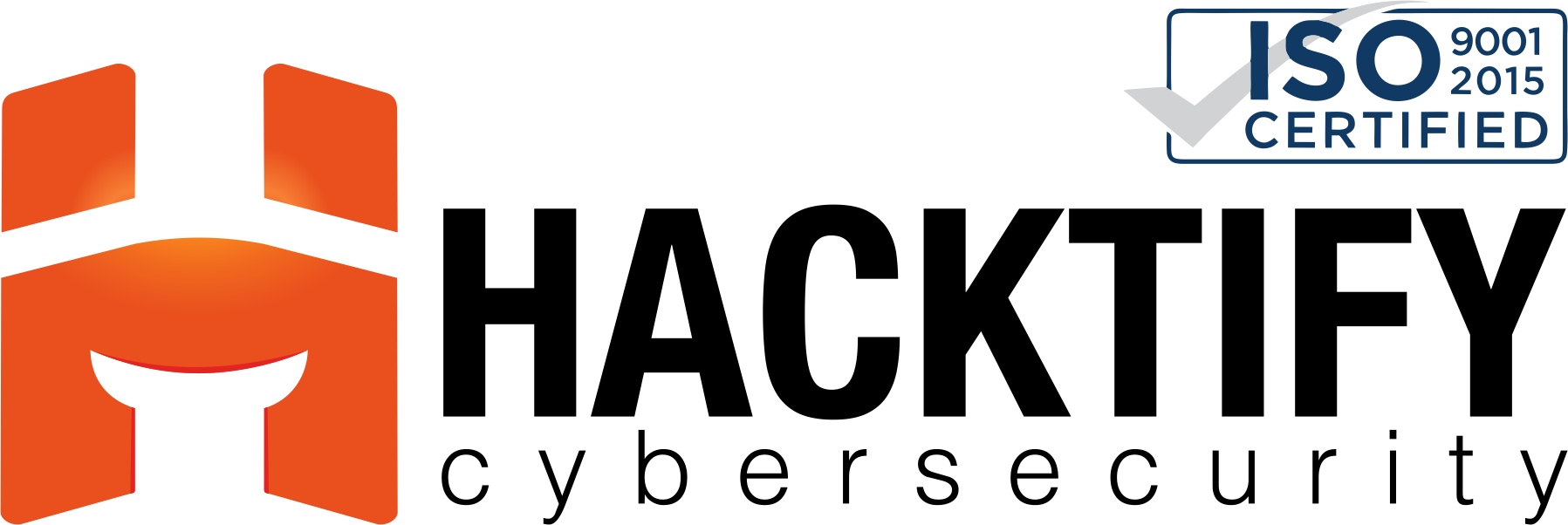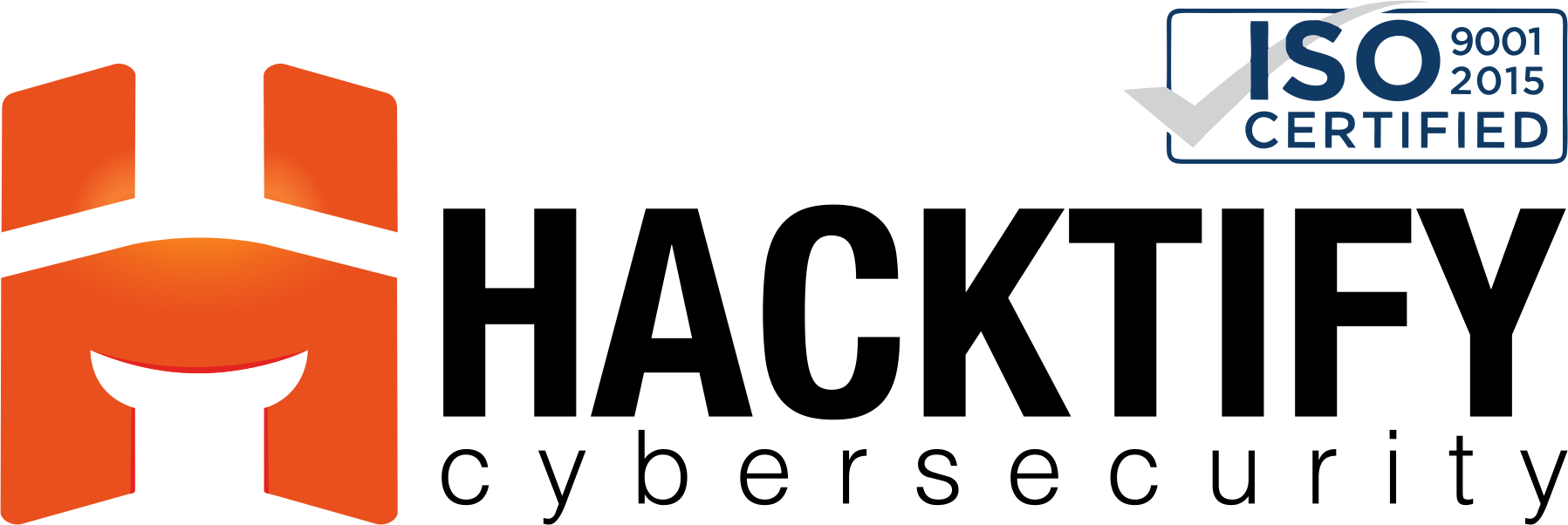Source Code Review
Source Code Review is a critical process for evaluating the security and quality of software applications by examining the source code in detail. As businesses rely on software applications for various functions, ensuring the integrity and security of the underlying code is essential to protect against vulnerabilities and maintain operational reliability.
Key Aspects Of Red Teaming:
Code Quality and Best Practices: At the core of source code review is the evaluation of code quality and adherence to best practices. This encompasses the assessment of coding standards, code structure, and overall code maintainability to ensure a solid foundation for secure software development.
Security Vulnerabilities: Source code review aims to identify and rectify security vulnerabilities within the code. This includes the detection of common threats like SQL injection, cross-site scripting (XSS), and other security weaknesses that could be exploited by attackers.
Authentication and Authorization: The review involves a close examination of how the application handles authentication and authorization. This includes scrutinizing user access control, password policies, and role-based access to ensure only authorized users gain entry to sensitive application areas.
Data Handling and Encryption: An integral part of source code review is assessing how the application handles data. This involves evaluating data encryption methods, secure storage of credentials, and data protection mechanisms to prevent data breaches and exposure.
Input Validation and Output Encoding: Ensuring the security of software applications requires a focus on input validation and output encoding. Source code is reviewed to confirm that input data is appropriately validated and that output is properly encoded to mitigate common security risks.
Third-Party Libraries and Dependencies: Software applications often rely on third-party libraries and dependencies. These components are also examined to identify any known vulnerabilities, as weaknesses in these dependencies can jeopardize the overall security of the application.
Secure Development Practices: Source code review scrutinizes the development practices employed throughout the application’s lifecycle. This encompasses secure session management, error handling, and the avoidance of hardcoded secrets in the code.
Compliance and Regulatory Requirements: Depending on the industry and application’s purpose, specific compliance regulations must be met. The source code review ensures that the codebase complies with these regulations, such as HIPAA, PCI DSS, or GDPR.
Documentation and Comments: Thorough documentation and code comments are essential for code maintainability and for assisting in future reviews. Proper documentation of security-related decisions and potential risks is crucial.
Code Remediation: Upon identifying vulnerabilities and issues, the source code review may include recommendations for remediation. This involves suggesting code modifications, patches, or design changes to mitigate security risks.
Testing of Security Controls: The effectiveness of security controls such as authentication, session management, and input validation is tested to ensure they function as intended and provide robust security.


